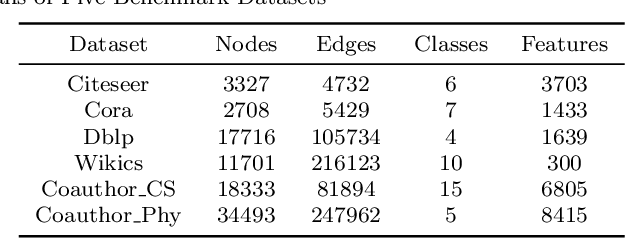Informative Pseudo-Labeling for Graph Neural Networks with Few Labels
Paper and Code
Jan 20, 2022



Graph Neural Networks (GNNs) have achieved state-of-the-art results for semi-supervised node classification on graphs. Nevertheless, the challenge of how to effectively learn GNNs with very few labels is still under-explored. As one of the prevalent semi-supervised methods, pseudo-labeling has been proposed to explicitly address the label scarcity problem. It aims to augment the training set with pseudo-labeled unlabeled nodes with high confidence so as to re-train a supervised model in a self-training cycle. However, the existing pseudo-labeling approaches often suffer from two major drawbacks. First, they tend to conservatively expand the label set by selecting only high-confidence unlabeled nodes without assessing their informativeness. Unfortunately, those high-confidence nodes often convey overlapping information with given labels, leading to minor improvements for model re-training. Second, these methods incorporate pseudo-labels to the same loss function with genuine labels, ignoring their distinct contributions to the classification task. In this paper, we propose a novel informative pseudo-labeling framework, called InfoGNN, to facilitate learning of GNNs with extremely few labels. Our key idea is to pseudo label the most informative nodes that can maximally represent the local neighborhoods via mutual information maximization. To mitigate the potential label noise and class-imbalance problem arising from pseudo labeling, we also carefully devise a generalized cross entropy loss with a class-balanced regularization to incorporate generated pseudo labels into model re-training. Extensive experiments on six real-world graph datasets demonstrate that our proposed approach significantly outperforms state-of-the-art baselines and strong self-supervised methods on graphs.
 Add to Chrome
Add to Chrome Add to Firefox
Add to Firefox Add to Edge
Add to Edge